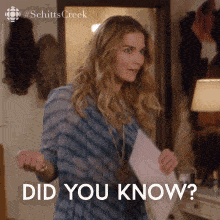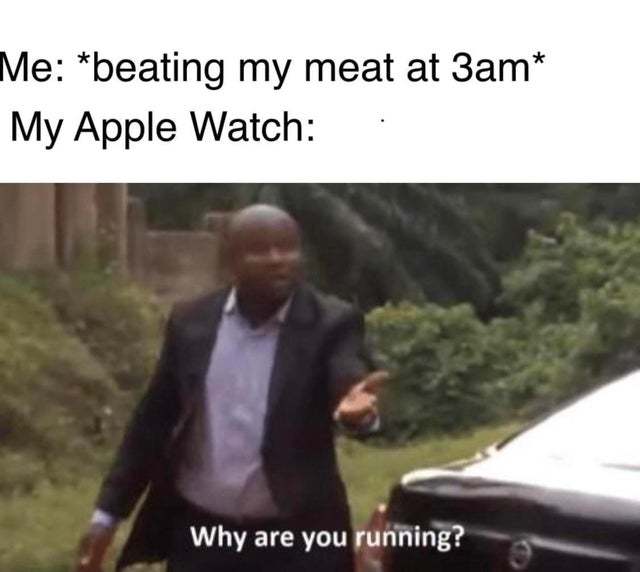Did you know that watching porn can have negative effects on a person’s mental and emotional well-being?

Pornography is ubiquitous in today’s society. The accessibility of the internet has made it easier than ever to watch porn. It has become a common habit for many people.
Think I’m kidding? Statistics tell us that millions around the world surf X-rated sites frequently.
However, watching porn can have negative effects on a person’s mental and emotional well-being, relationships, and even physical health. But before we fully discuss the negative effects of porn, let us look into the background of porn, and learn how it started.
Related: Pornography Addiction: Is There Hope?
History Of Porn
The concept of pornography, or explicit sexual material created for the purpose of sexual arousal or stimulation, has existed in various forms throughout human history.
In ancient civilizations such as Greece and Rome, erotic art and literature were created and enjoyed by both men and women. The Kama Sutra, a text on human sexuality from ancient India, also contains detailed descriptions of sexual positions and techniques.
During the Renaissance period in Europe, artists such as Michelangelo and Leonardo da Vinci created erotic art and sculptures, and erotic literature was popular among the upper classes.
The invention of the printing press in the 15th century allowed for the mass production of books and illustrations, and erotic literature and artwork became more widely available. In the 19th century, photography was invented, and erotic photographs began to circulate.
In the 20th century, the rise of cinema and video technology led to the creation of explicit films, which were initially produced and distributed underground. The sexual revolution of the 1960s and 1970s led to a wider acceptance of pornography, and the industry grew rapidly, particularly with the advent of the internet in the 1990s.
Today, pornography is a multi-billion-dollar industry that is easily accessible online. However, the industry is also controversial, with concerns over issues such as the objectification and exploitation of performers, the impact on relationships and mental health, and the potential harm to children and young people exposed to explicit material.
Overall, the history of pornography reflects changing attitudes toward sexuality and the ways in which technology has enabled the creation and distribution of explicit material.
Related: Can Cockroaches Live in Your Penis?
Negative Effects Of Watching Porn

Watching pornography can have a number of negative effects on a person’s mental, emotional, and physical health, as well as their relationships and society as a whole. Here are some of the most commonly cited negative effects of watching pornography:
- Addiction: Like other forms of addiction, watching pornography can lead to compulsive behavior and a loss of control over one’s viewing habits.
- Depression and anxiety: Some studies have found a link between pornography consumption and depression and anxiety, particularly among women.
- Reduced intimacy: Watching pornography can affect a person’s ability to form and maintain intimate relationships, as well as their sexual function and satisfaction.
- Objectification and exploitation: The pornography industry has been criticized for objectifying and exploiting performers, particularly women, and perpetuating harmful stereotypes and attitudes towards gender and sexuality.
- Desensitization: Over time, regular consumption of pornography can lead to a desensitization to sexual stimuli and a need for more extreme or violent content to achieve arousal.
- Negative impact on society: The widespread availability of pornography has been linked to a number of social issues, including increased rates of sexual violence, sexual exploitation, and human trafficking.
It’s important to note that not everyone who watches pornography will experience these negative effects, and some people may not experience any negative effects at all. However, for those who are struggling with compulsive pornography use or who are concerned about the impact of pornography on their lives, there are resources available to help, including therapy, support groups, and online resources.
Related: Masturbation: Everything You’re Too Afraid To Ask (18+)
How To Stop Watching Porn
If you’re looking to stop watching porn, here are some tips that may be helpful.
1. Identify Your Triggers
One of the first things you need to do when you decide to stop watching porn is to identify your triggers. What situations or emotions make you more likely to watch porn? For some people, it might be boredom or loneliness. For others, it might be stress or anxiety.
Once you’ve identified your triggers, you can take steps to avoid or manage them.
2. Set Realistic Goals
Stopping porn addiction is a journey, and it’s important to set realistic goals for yourself. Don’t expect to quit cold turkey, but rather set smaller goals that you can achieve.
For example, you might start by limiting your porn watching to certain times of the day, or you might aim to reduce the amount of porn you watch each week. Celebrate your successes along the way (not with another round, mind you), and don’t be too hard on yourself if you slip up.
3. Find Alternative Activities
One of the reasons people watch porn is because they’re looking for a quick and easy way to feel good. To break this habit, you need to find alternative activities that give you the same sense of pleasure or relaxation.
This could be anything from going for a walk or reading a book to practicing yoga or meditation.
Related: Benefits of Yoga for Beginners: Namaste, Newbie!
4. Create a Support System
Stopping porn addiction can be challenging and isolating, so it’s important to create a support system. This could be friends or family members who you can talk to about your struggles, or it could be a support group of people who are going through the same thing.
There are also online resources and forums where you can connect with others trying to quit porn.
5. Practice Self-Care
Quitting porn addiction can be emotionally and physically draining, so it’s important to practice self-care. This could mean getting enough sleep, eating a healthy diet, exercising regularly, and engaging in activities that bring you joy.
Taking care of yourself will give you the strength and resilience you need to overcome your addiction.
Related: How To Practice Self-Love
6. Seek Professional Help
If you’re struggling to quit porn addiction on your own, don’t hesitate to seek professional help. A therapist or counselor can provide you with the support and guidance you need to overcome your addiction.
They can also help you address any underlying issues that might be contributing to your addiction.
A Final Word From BattaBox
In conclusion, quitting porn addiction is not easy, but it’s possible. By identifying your triggers, setting realistic goals, finding alternative activities, creating a support system, practicing self-care, and seeking professional help, you can break free from your addiction and live a healthier, happier life.
Remember to be patient and kind to yourself along the way.
If you have any comments or questions, let us know below.
